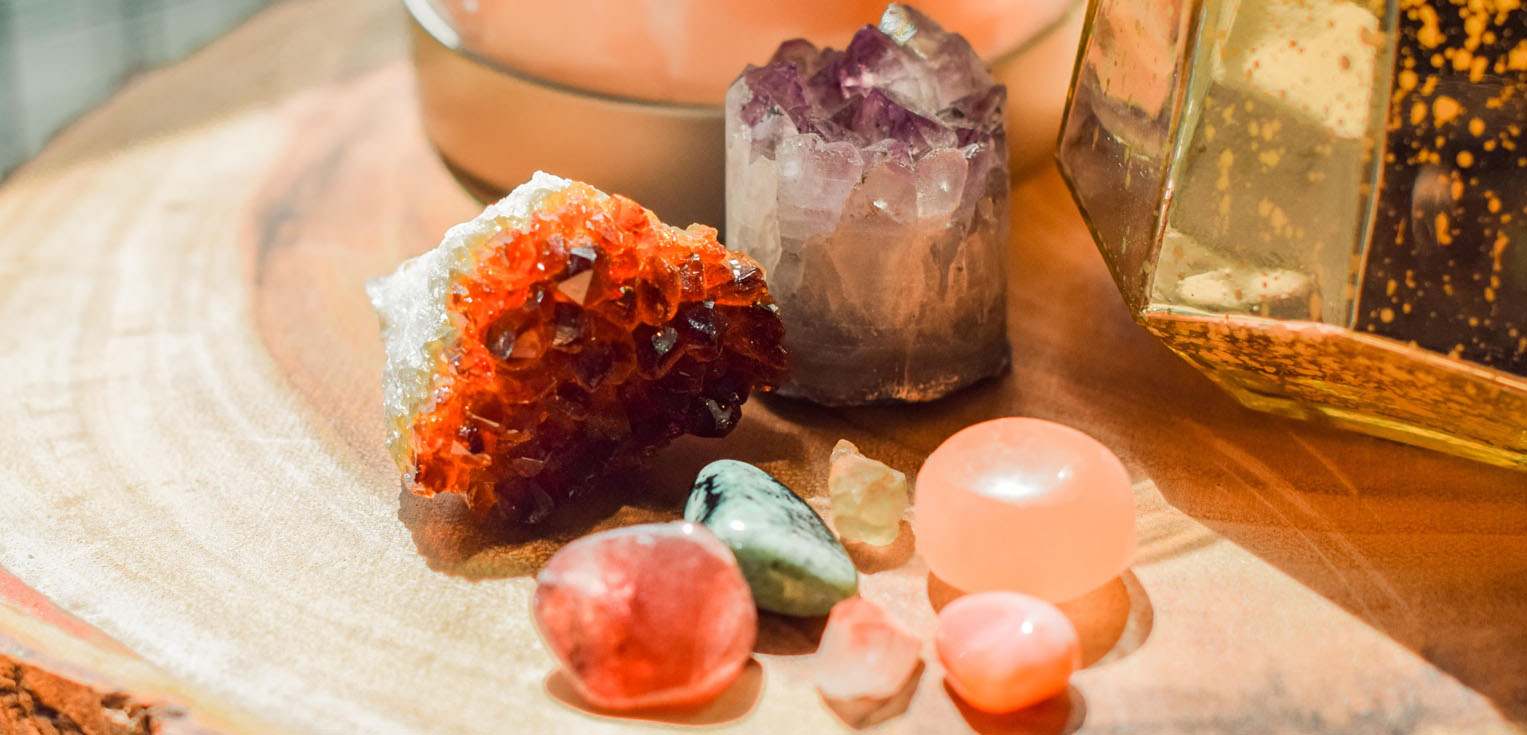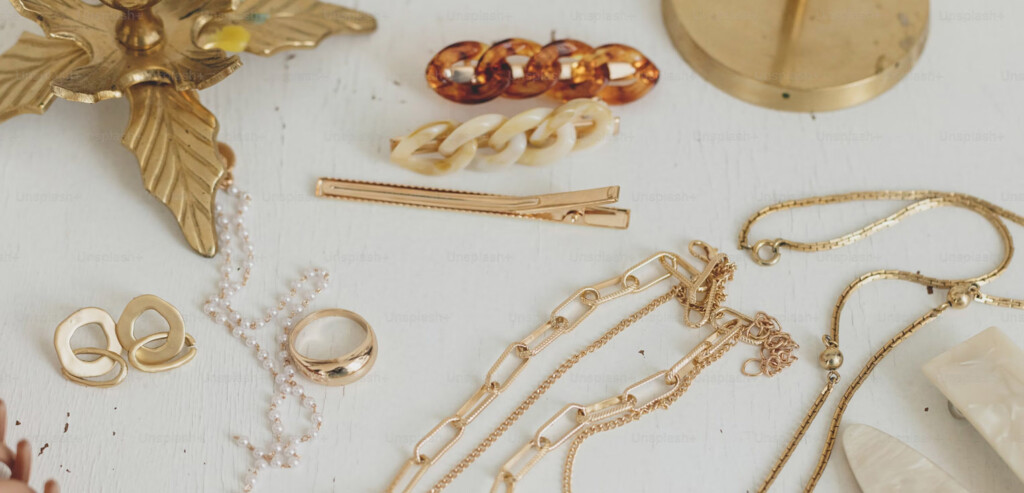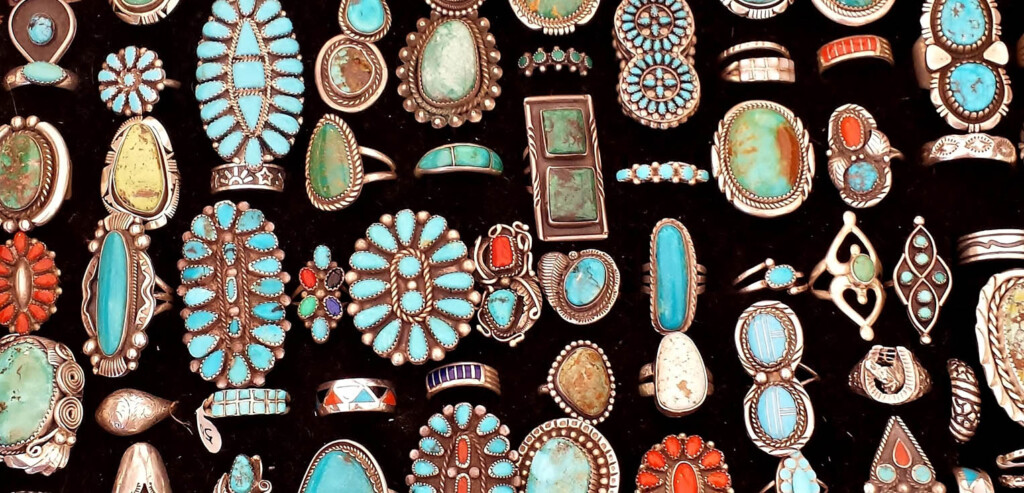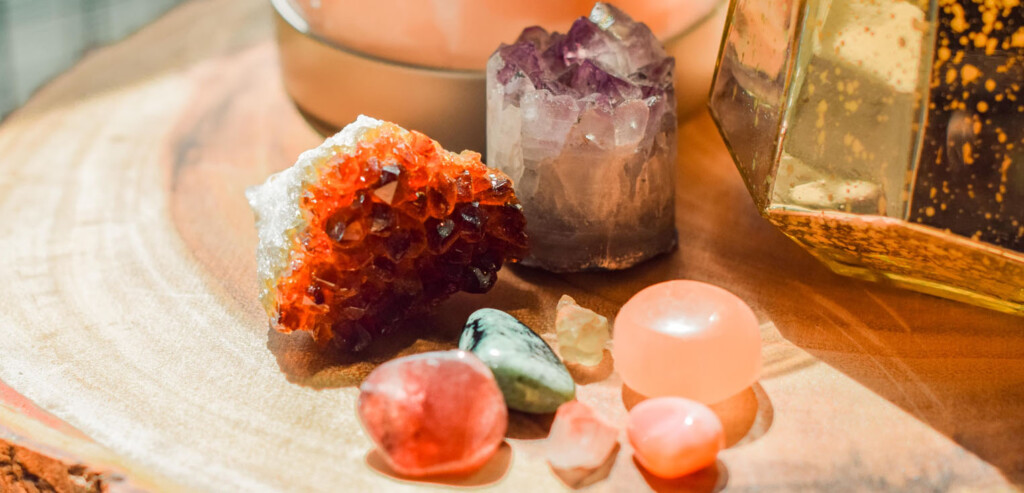According to The World Health Organisation, anxiety is one of the most common mental health disorders worldwide, affecting 301 million people, with approximately 1 in 4 people seeking professional help or treatment for the condition.
The NHS describes anxiety as “a feeling of unease, such as worry or fear, that can be mild or severe.” We all feel anxious sometimes. Whether you’re nervous about an upcoming event or you’re worried about a job interview, feelings of nervousness are a normal part of being human. However, those suffering from anxiety can experience excessive feelings of fear and worry that are often accompanied by physical symptoms and behaviours.
Anxiety such as this can cause a lot of distress and impair a person’s family, social, and working life. This is why it’s vital to address anxiety and do what you can to ease any symptoms you are experiencing.
Gemstones and Anxiety
Gemstones have been used for centuries as a way to ease anxiety and heal the body both physically and emotionally. Today, gemstones are often worn in pieces of antique jewellery to provide the wearer with a quiet reassurance throughout the day. Depending on the type of anxiety you suffer from and how much it is affecting your day-to-day life, incorporating gemstones into your daily routine could make the difference you are looking for.

Types of Anxiety
Anxiety comes in many forms. Below we summarise the types of anxiety to give you a greater understanding of the various conditions so that you can be more aware of them and make changes as you see the signs appearing.
Generalised Anxiety Disorder
Generalised anxiety disorder affects most people at some point in their lives. It can range from mild/manageable to severe. Generalised anxiety order is defined by an ongoing worry that may be accompanied by physical symptoms such as; digestive discomfort, restlessness, muscle tension, trouble sleeping, and fatigue (to name a few).
Panic Disorder
Unfortunately, for some people anxiety can come in the form of a panic disorder. This is where the sufferer experiences recurrent panic attacks. During a panic attack a person can experience anything from heart racing, shaking, sweating, and shortness of breath to tingling, fear of dying, hot/cold flashes, and even the inability to breathe. Many people who experience panic attacks think they are dying or having a heart attack and will go to the emergency department to seek immediate medical attention.
Phobias
Some people with anxiety will develop a specific phobia. This is an excessive but unrelenting fear of an object, situation, activity, or living thing. Typically, patients are aware their phobia is ill-founded, and yet they can’t seem to overcome it. For those whose phobias are particularly distressing, it is not uncommon for them to go to extreme lengths to avoid what they fear (aeroplanes, public speaking, boat rides, spiders, etc).
Social Anxiety
Individuals with social anxiety feel immense discomfort at the thought of being humiliated, rejected, looked down on, or embarrassed in social situations. For those with social anxiety it is common to fear public speaking, meeting new people, or eating and drinking in public.
Selective Mutism
People with selective mutism do not speak in select situations. They may be happy speaking at home or around friends and family, but choose not to speak at school, for example. Most people with selective mutism are children, with the condition typically starting around the age of 5.
Separation Anxiety Disorder
A person with separation anxiety disorder feels extremely anxious about being separated from a person they feel attached to. People often talk about separation anxiety in regards to young children, however this is something that typically goes away as a child gets older. Unfortunately, for some people separation anxiety is a feeling that persists into adulthood (usually as the result of prolonged exposure to distress as a child).
Agoraphobia
This is a type of anxiety where a person fears being in a situation where they cannot easily escape. Most often, people with agoraphobia struggle to use public transport, spend time in open or enclosed spaces, stand in line or in a crowd, or even be outside of the home by themselves. When left untreated, agoraphobia can result in a person feeling they are unable to leave their house.
Common Symptoms of Anxiety
Whatever type of anxiety you suffer from, anxiety as a condition may cause some or all of the following symptoms:
- Shortness of breath
- Sweating
- Digestive discomfort
- Trouble concentrating
- Heart palpitations
- Difficulty sleeping
- A sense of impending doom
- Trembling or shaking
- General restlessness
- Suicidal thoughts
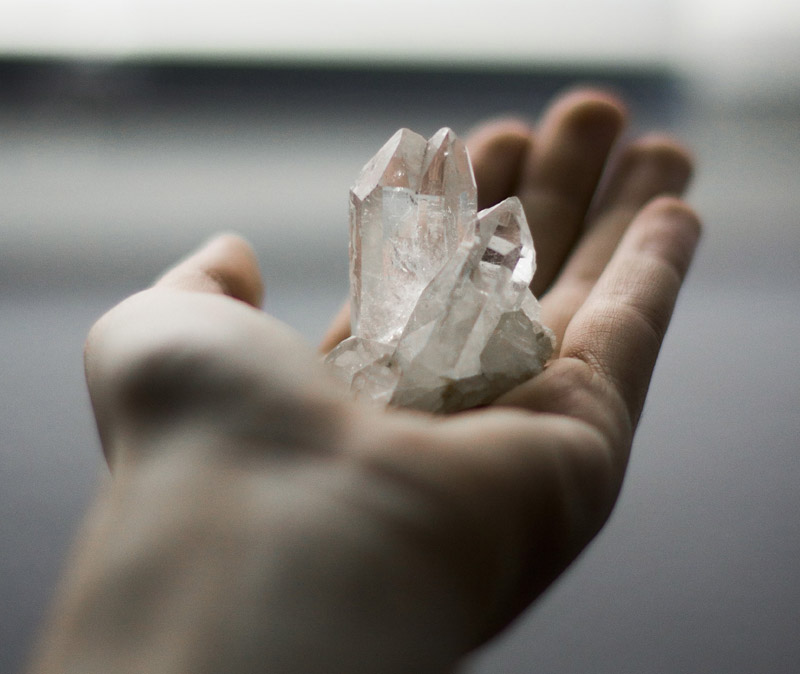
How to Ease Symptoms of Anxiety: Do Gemstones Work?
For those suffering from anxiety, it can feel like you’ll never be free from the constant worry. However, it is possible to rid yourself of anxiety and live a healthy and happy life, free from as much worry as possible.
The way to achieve this is by taking one small step at a time. Making changes to your daily routine and prioritising self-care can go a long way towards easing your symptoms and making your anxiety more manageable.
Gemstones have been used as healing tools by people of all cultures for centuries. While scientific evidence of the healing properties of gemstones is fairly limited, many people find comfort and reassurance from incorporating gemstones into their wellness routines.
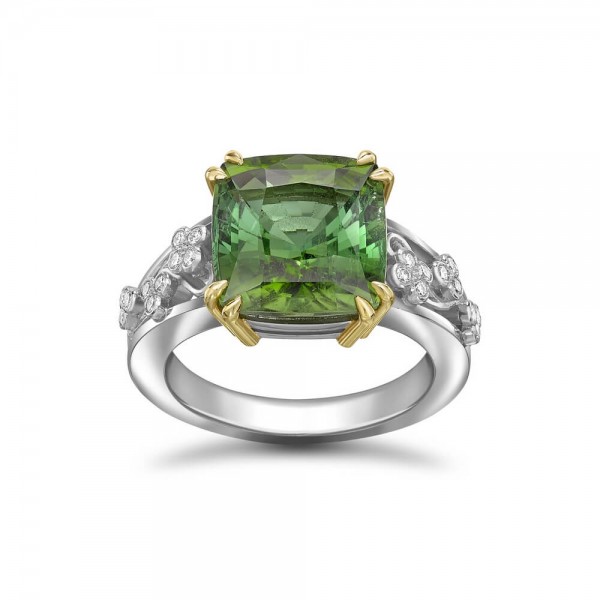 |
View jewellery rangeFrom just £120 |
The 4 Best Gemstones for Anxiety
Whether you believe in the healing power of gemstones or you’re pretty sure it’s all placebo, there is no denying that gemstones can be a meaningful tool for those suffering from anxiety. Let’s take a look at the best gemstones for easing anxious minds.
Aquamarine
Even the name makes you feel more relaxed, doesn’t it? Aquamarine is a gorgeous blue-green colour. This gemstone is celebrated for its ability to connect people with the tranquillity of the ocean. Let the calming and cleansing properties of this gemstone wash over you and drag you away from your anxious thoughts.
Rose Quartz
Many people who struggle with anxiety also suffer with a low self-worth and an inability to give themselves grace. Rose Quartz, while not well-known specifically for its anti-anxiety properties, is the gemstone most commonly used for love and emotional healing. As such, it’s a lovely gemstone to use for those who are struggling to love themselves and struggling with anxiety more as a result.
Amethyst
Amethyst is one of the most well-known gemstones. With its striking purple colour and sharp edges, Amethyst brings a stunning combination of clarity and calm to a person’s life. It is a lovely gemstone for reducing stress and anxiety and is often used to quieten the mind during times of stress.
Black Tourmaline
This gemstone is well-known for its grounding properties and is a popular choice for anxiety sufferers as it is said to place a protective shield around an individual. This can be especially comforting for those feeling particularly stressed, overwhelmed, or anxious and is a popular choice for individuals suffering from social anxiety and agoraphobia.
How to Use Gemstones for Anxiety
Once you’ve chosen your gemstones, it’s important to know how to use them. Here’s how you can incorporate gemstones into your daily routine and wellness practices:
Take them Everywhere You Go
Wherever you go, take your chosen gemstone with you. This is one of the reasons why so many people purchase gemstone jewellery because it’s a stylish and fun way to carry meaningful gemstones with you and is a great way to feel reassured throughout your day.
Meditate with Gemstones
You can also include your chosen gemstone in your meditation routine. Whether you practise mindfulness every day or you only meditate a few times a week, incorporating gemstones is a great way to root yourself in the present and feel those symptoms of anxiety float away.
Place Gemstones Under Your Pillow
One of the biggest ways anxiety affects your life is through upsetting your sleep routine. Whether you wake frequently throughout the night, are plagued by nightmares, or have terrible insomnia, placing a gemstone under your pillow can be a great way to chase away those sleepless nights.
Be Proactive
As soon as you feel symptoms of anxiety rearing their ugly heads, it’s important to take action. Many people find that incorporating gemstones into their daily routines is a great way to attract calmness and level-headedness. However, if you feel that your anxiety is getting out of control it is important to reach out to your doctor and seek medical advice.
We hope the tips in this article will help you manage your anxious days with confidence, wherever you are and whatever you’re doing.

